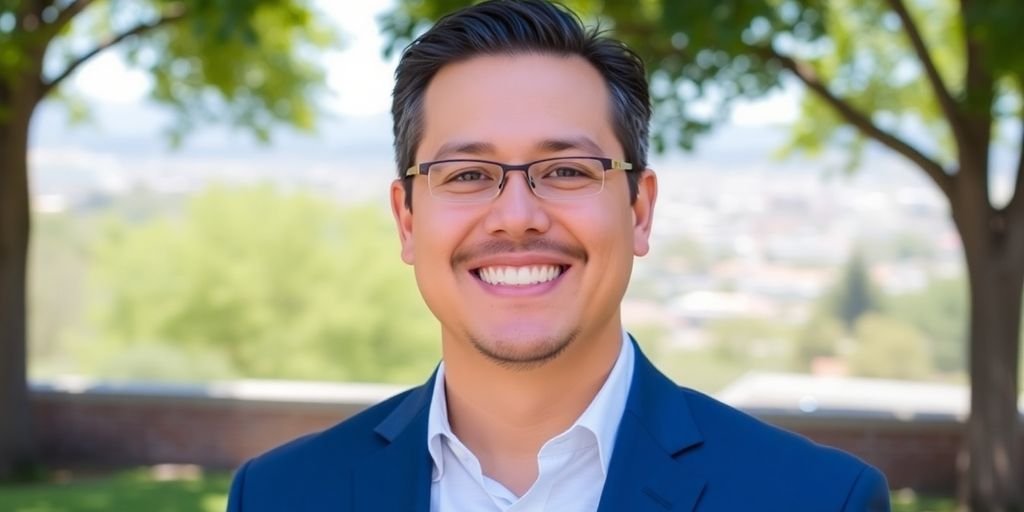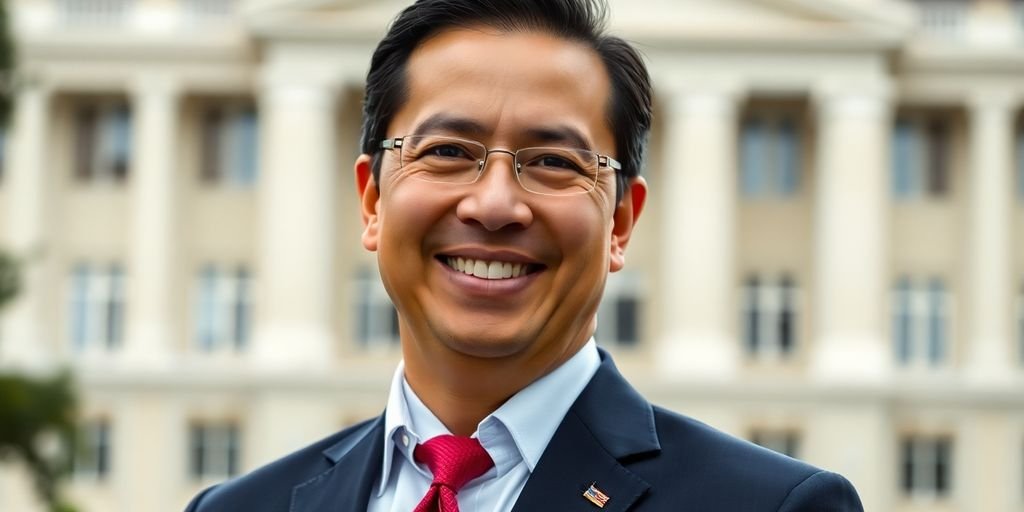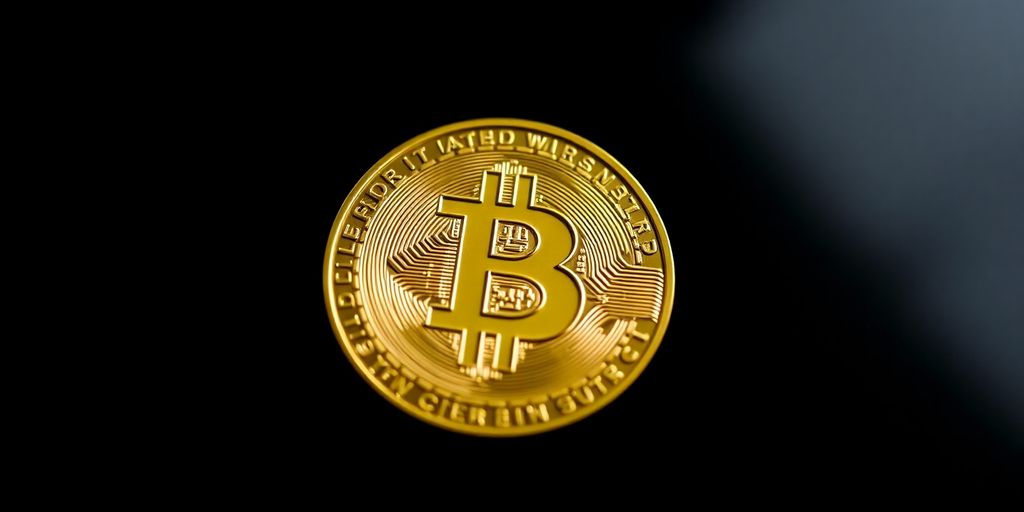El Salvador’s Congress has made a significant decision by voting to eliminate public financing for political campaigns. This controversial move has sparked debates about the implications for democracy and political equity in the country.<\/p>
Key Takeaways
- The decision was made by a majority vote in Congress.<\/li>
- Public campaign financing has been a crucial element in supporting political candidates, especially from smaller parties.<\/li>
- Critics argue that this move could favor wealthier candidates and undermine democratic processes.<\/li><\/ul>
Background of Public Campaign Financing
Public campaign financing was established to ensure that all political candidates, regardless of their financial background, have a fair chance to compete in elections. This system aimed to reduce the influence of money in politics and promote a more equitable electoral process.<\/p>
The Vote
On [insert date], the Congress of El Salvador voted to eliminate public campaign financing with a majority of [insert number] votes in favor and [insert number] against. The ruling party, led by President [insert name], has been a strong advocate for this change, arguing that it will lead to a more competitive political environment.<\/p>
Arguments For and Against
Supporters' Perspective
- Increased Competition<\/strong>: Proponents believe that removing public financing will encourage candidates to seek private funding, potentially leading to a more dynamic political landscape.<\/li>
- Reduced Government Spending<\/strong>: Supporters argue that public funds could be better allocated to other pressing needs in the country, such as education and healthcare.<\/li><\/ul>
Critics' Concerns
- Inequality in Campaigning<\/strong>: Opponents warn that this decision will disproportionately benefit wealthy candidates who can afford to fund their campaigns, thus marginalizing less affluent candidates.<\/li>
- Threat to Democracy<\/strong>: Critics fear that the elimination of public financing could lead to increased corruption and a political system dominated by money, undermining democratic values.<\/li><\/ul>
Reactions from Political Leaders
Political leaders across the spectrum have expressed their views on this decision. Some have praised the move as a step towards a more free-market approach to politics, while others have condemned it as a dangerous precedent that could erode democratic institutions.<\/p>
Public Response
The public reaction has been mixed, with protests erupting in various cities across El Salvador. Many citizens are concerned about the future of their democracy and the potential for increased inequality in political representation.<\/p>
Conclusion
The elimination of public campaign financing in El Salvador marks a pivotal moment in the country’s political landscape. As the nation grapples with the implications of this decision, the future of its democracy hangs in the balance. The coming months will be crucial in determining how this change will affect the political dynamics and the overall health of democracy in El Salvador.<\/p>








